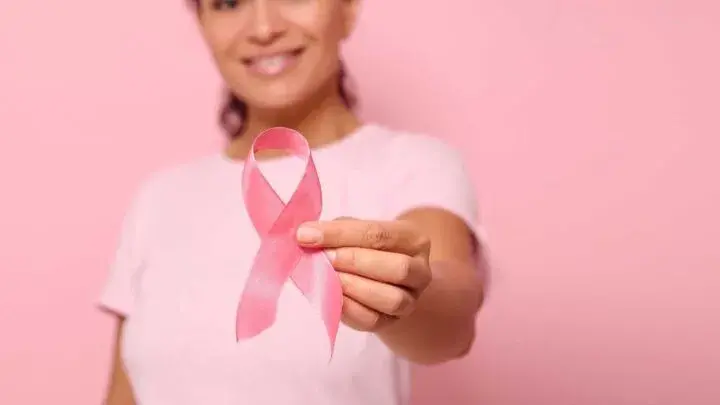ArdorComm News Network
October 16, 2024
Breast cancer is rapidly emerging as a major health crisis for women in India, with alarming new data revealing its widespread impact. According to a report by diagnostics firm Healthians, 16% of women aged 55-64 tested over the past three years are currently battling breast cancer. As Breast Cancer Awareness Month unfolds, these findings shed light on the hidden struggles faced by thousands of women nationwide, with Rajasthan identified as a significant hotspot—30% of women in this age group in the state are diagnosed with the disease.
The report highlights troubling statistics from other states as well, such as Uttar Pradesh, Bihar, and Jharkhand, where 22% of women in the same age group are affected. These numbers underscore the urgent need for better access to early detection methods, improved treatment options, and enhanced awareness about breast cancer prevention.
Dr. Sonal Saxena, a senior pathologist at Healthians, stresses the importance of vigilance: “Breast cancer is a significant health issue for older women. Symptoms like breast lumps, changes in shape or size, and skin dimpling should never be ignored. Regular screenings, especially mammograms, are critical for early detection, particularly in high-risk women over 55.”
The rise in breast cancer cases has been linked to various factors, including late pregnancies, family history, hormonal changes, and lifestyle habits like smoking and stress. Raising awareness and promoting regular screenings are crucial steps in combating this growing health crisis.
Deepak Sahni, founder of Healthians, also emphasized the urgency of early intervention: “Breast cancer rates are climbing, and we must act now. Early screenings and timely treatment save lives. At Healthians, we encourage preventive care and regular check-ups, particularly for women at higher risk.”
The report highlights regional disparities, with Rajasthan leading at 30%, followed by Uttar Pradesh, Bihar, and Jharkhand (22%), West Bengal (19%), Karnataka (5%), and Maharashtra (8%). The data underscores the need for a coordinated national response to this growing health challenge.
Source: Business Standard


